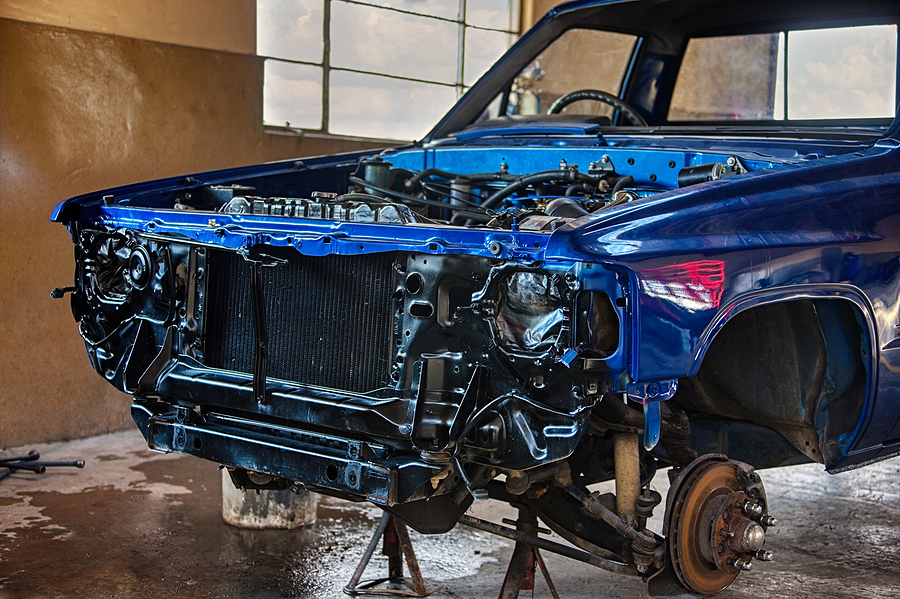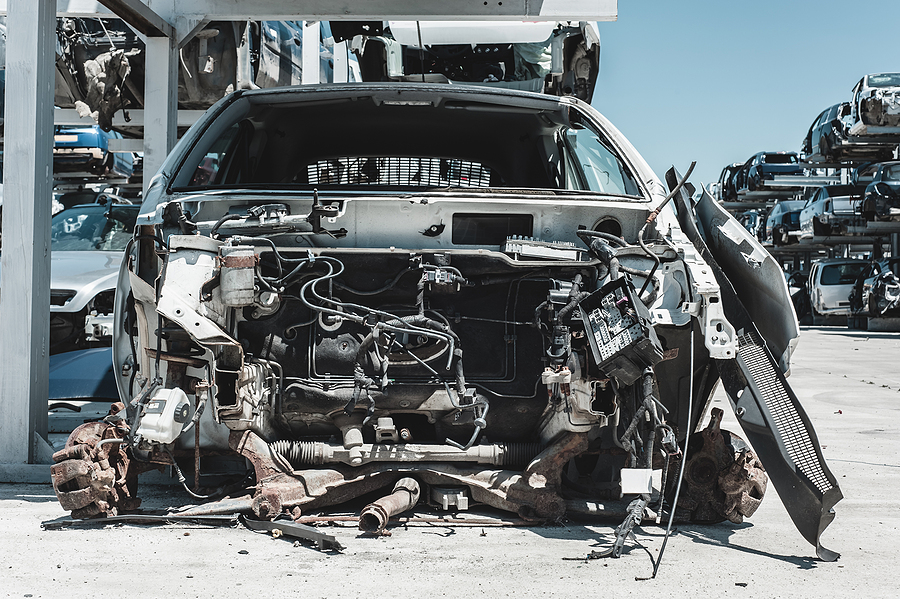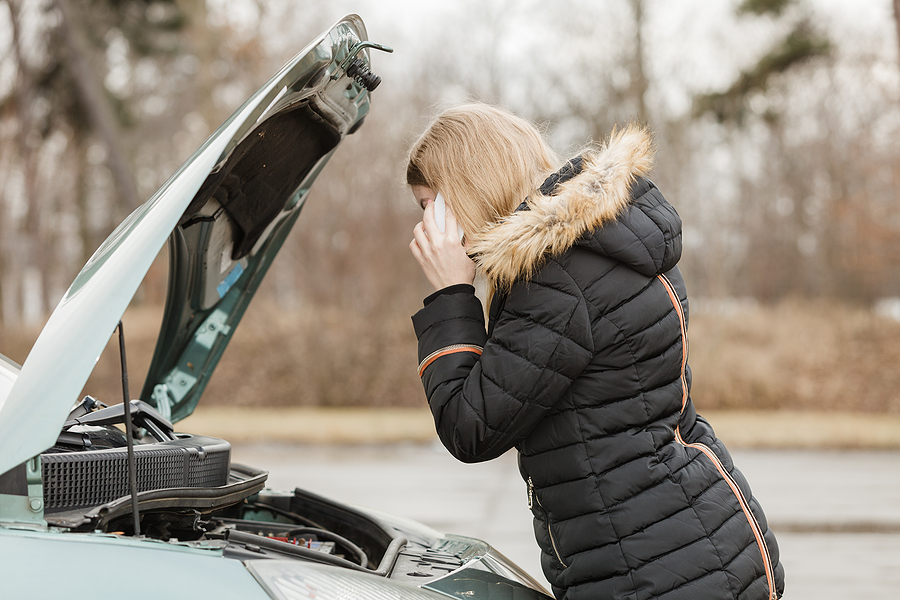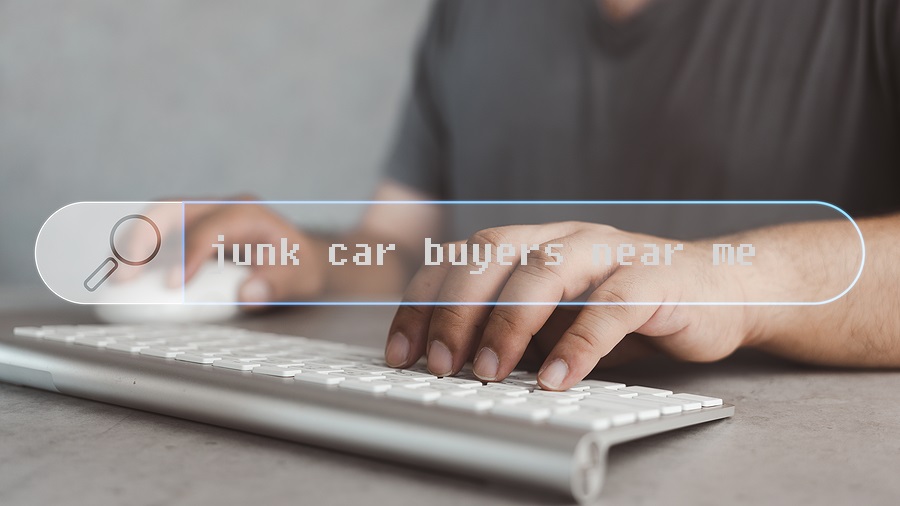If you’ve recently replaced your car or have one sitting lifeless in your driveway, have you considered what happens after it leaves your hands? Car recycling is not only reshaping how we dispose of old vehicles but also driving a revolutionary shift towards a sustainable automotive industry.
Today, we’re diving into the world of automotive recycling to explore its impact—and why both industry leaders and individuals should embrace it. From reducing waste to preserving natural resources, car recycling is the green way forward.

The Environmental Impact of Traditional Vehicle Disposal Methods
For decades, old cars were often abandoned in junkyards, left to rust, or sent to landfills. This practice not only wastes valuable materials but also creates serious environmental hazards.
During traditional disposal, toxic substances such as motor oil, antifreeze, and battery fluids can leach into the soil and groundwater, causing long-term contamination. Further, these cars contain metals and plastics that take enormous energy to mine, manufacture, and process. Failing to recycle them increases the need for virgin materials—a practice that exhausts finite resources like iron ore and crude oil.
Put simply, traditional vehicle disposal methods strain ecosystems, drive up pollution, and waste opportunities for resource recovery—something car recycling effortlessly addresses.
Why Car Recycling is the Key to Sustainability
Car recycling offers a win-win for environmental sustainability and economic efficiency. Here are some of its notable benefits:
Reduces Landfill Waste
Nearly every part of a car—up to 80%—can be reused or recycled. This means fewer vehicles end up in overcrowded landfills, saving precious land and reducing solid waste pollution.
Breathes New Life into Materials
By recycling, materials like steel, aluminum, copper, plastic, and rubber can be reclaimed and reused. For example, scrap metal extracted during junk car removal can be melted down to create new components, reducing the need for energy-intense mining.
Conserves Energy
Recycling metals consumes significantly less energy compared to producing new metals from raw ore. For instance, creating new steel from recycled materials requires 60% less energy than starting from scratch, translating into reduced greenhouse gas emissions.
Cuts Environmental Contamination
Auto recyclers safely dispose of hazardous fluids and components like batteries, preventing soil and water pollution. This ensures that toxic substances do not enter and harm surrounding ecosystems.
Supports the Circular Economy
By using recycled materials, manufacturers can lower production costs while creating sustainable products. This effort aligns with the broader vision of a circular economy—minimizing waste while maximizing resource value.
A Closer Look at the Automotive Recycling Process
Have you wondered what happens when you sell your junk car to a junk car buyer or drop off a vehicle at an auto salvage yard? Here’s a step-by-step look at how the automotive recycling process unfolds:
1. Collection
The process begins with junk car removal, where vehicle owners either sell their vehicles to auto scrappers or have them picked up by junk car buyers. Many auto salvage yards offer instant cash, making it easier for consumers to participate in recycling programs.
2. De-Pollution
At the recycling facility, experts safely dispose of all hazardous components. Fluids such as oil, coolant, brake fluid, and gasoline are drained to ensure they don’t harm the environment.
3. Part Recovery
Next, used auto parts that are still functional are removed and sold in the secondhand market. Engines, gearboxes, tires, and even small accessories like mirrors find new homes. This extends the lifecycle of auto parts and reduces demand for new manufacturing.
4. Metal Shredding and Sorting
The remaining car shell is shredded into smaller pieces, separating valuable materials like steel, aluminum, and copper from other non-recyclable components. Scrap metal collected from this step is sent to metal mills, where it’s melted down and repurposed.
5. Repurposing Materials
Finally, the recycled materials are reintroduced to the market. Metals might be molded into new car parts, appliances, or even construction materials, completing the recycling loop.
This efficient process ensures that vehicles deemed “unusable” are anything but waste—they’re a treasure trove of valuable resources.
FAQs About Selling a Junk Car to an Auto Salvage Yard
Can I sell a car if it doesn’t run?
Yes! Most junk car buyers and auto salvage yards accept non-functional cars. They often offer free junk car removal services, even for vehicles in poor condition.
How much is my junk car worth?
The value depends on factors like the car’s make, model, age, and the going rates for scrap metal. Vehicles with intact parts may fetch a higher price.
Do I need to provide any documents?
Generally, you’ll need proof of ownership, like a title or bill of sale, to sell your vehicle to a trusted auto recycler.
What happens to the car once I sell it?
After collection, the auto scrapper will recycle the car following the process described above—removing, reusing, and repurposing its components.
Can I sell just parts of my car?
Yes! If you prefer, you can sell specific used auto parts rather than the entire vehicle. Many salvage yards will buy everything from tires to transmissions.
Tips for Finding Trusted Auto Recyclers
Not all auto recyclers operate with the same commitment to ethical and environmentally friendly practices. When you’re ready to dispose of your scrap car, keep the following tips in mind to find a trusted recycler:
- Check Credentials – Ensure the recycler is licensed, certified, and compliant with local environmental regulations.
- Look for Transparent Transactions – A professional junk car buyer will provide clear estimates and detailed processes for junk car removal and recycling.
- Read Reviews – Customer testimonials and online reviews can offer valuable insights into a recycler’s reliability and service quality.
- Ask About Eco-Friendly Practices – Reputable auto scrappers prioritize proper de-pollution and ensure maximum material recovery.
Taking these steps ensures your vehicle contributes to a sustainable future.
Key Points
Car recycling isn’t just a trend; it’s a necessity in combating environmental degradation and mitigating climate change. By supporting automotive recycling and choosing ethical auto salvage yards, you can play a role in a global shift towards sustainable practices.
Whether you’re an eco-conscious driver or automotive enthusiast, making informed decisions about vehicle disposal is the key to reducing waste and ushering in greener roads ahead.
By the way, do you have a junk car just sitting around waiting to be recycled? Contact GC’s Junk Cars at 513-991-4776 for trusted, EPA-approved car recycling in Cincinnati, Ohio. We offer free towing for scrap vehicles and motorized commodities, plus pay cash on the spot!
Related Posts:
Automotive Recycling: An Eco-Friendly Approach to Waste Management
The Benefits of Auto Recycling for the Environment
Common Misconceptions About Auto Salvage









